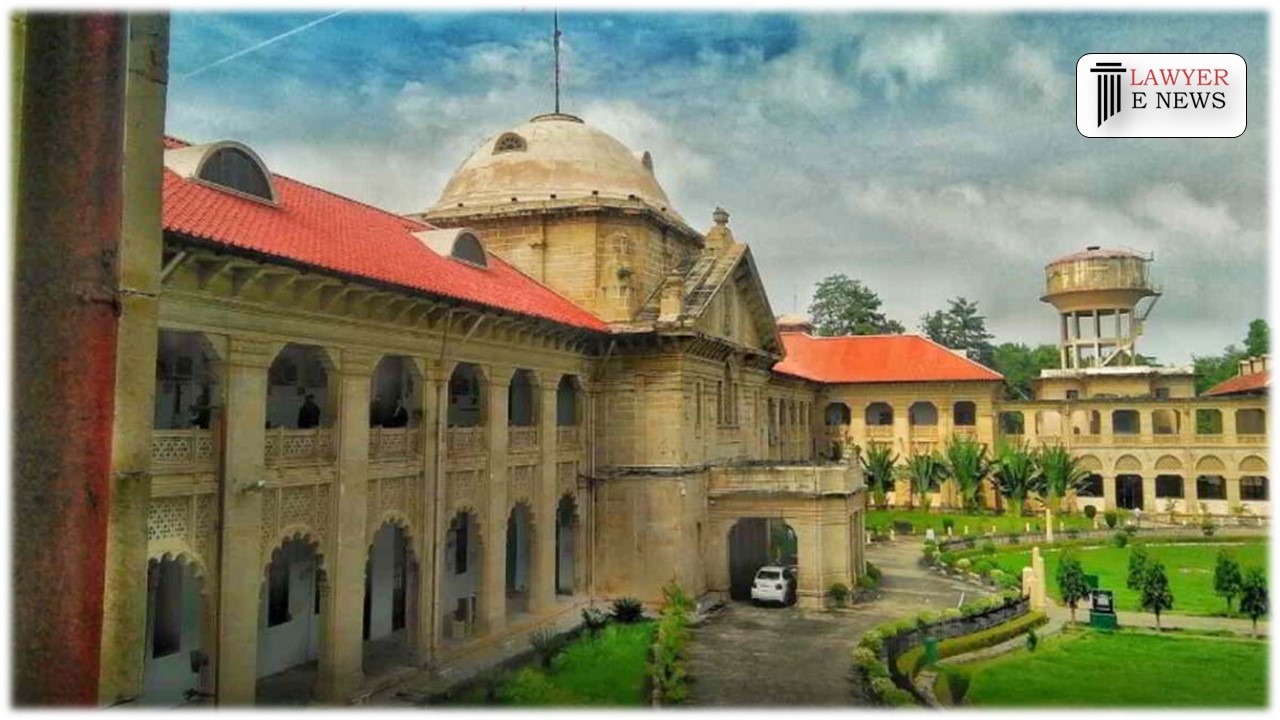-
by sayum
16 February 2026 8:46 AM



In a significant judgment, the Allahabad High Court, led by Hon’ble Justice Shamim Ahmed, acquitted Bhola in the criminal appeal No. 88 of 2009. The appeal was against the conviction under Section 323/34 IPC for assault, which the court found was based on unreliable witness testimonies and insufficient evidence.
Legal Point of the Judgment: The key legal point deliberated upon was the reliability of witness testimonies in proving the accused’s guilt beyond a reasonable doubt. The court stressed the importance of scrutinizing evidence in cases where witness statements are inconsistent.
Facts and Issues: Bhola was accused of assaulting Ramu due to old enmity and political differences, with charges framed under various sections including the SC/ST Act. Despite the allegations, several prosecution witnesses turned hostile, raising questions on the veracity of the prosecution’s claims.
Evaluation of Witness Credibility: The court observed, “Witnesses may be categorized into three distinct categories...but difficulty arises in case of third category i.e. where witness is neither wholly reliable nor wholly unreliable.”
Presumption of Innocence: Justice Ahmed emphasized, “The presumption of innocence, is the principle that one is considered innocent unless proven guilty.”
Scrutinizing Hostile Witnesses: The judgment cited the principle that “The evidence of a prosecution witness cannot be rejected in toto merely because the prosecution chose to treat him as hostile.”
Separating ‘Grain from Chaff’: Highlighting the trial court’s error, the judgment stated, “It is duty of Court to separate grain from chaff.”
Flaws in Trial Court’s Judgment: The High Court noted, “The trial court has overlooked the material evidence available on record with regard to guilt of accused.”
Decision: The High Court reversed the trial court’s judgment, acquitting Bhola due to lack of substantial evidence. It was held that the evidence against Bhola was insufficient and the testimonies unreliable, leading to the conclusion that he cannot be held guilty.
Date of Decision: April 1, 2024.
“BHOLA vs STATE OF U.P.”
